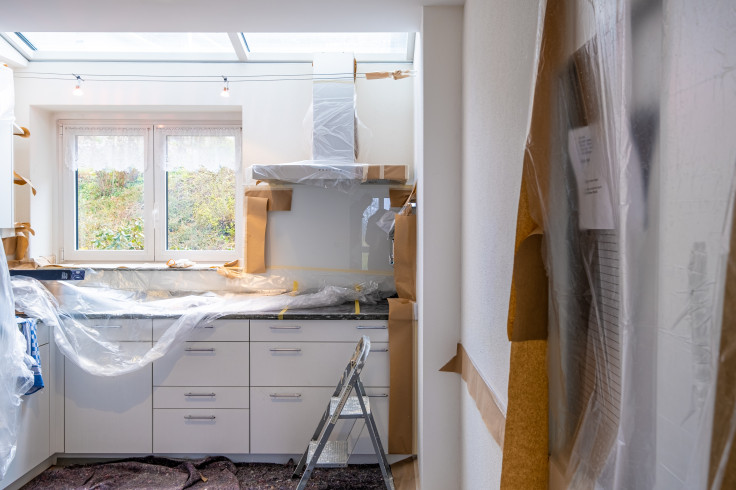Real Estate Investing: How to Get Your First 5 Properties

There comes a point when "location, location, location" just doesn't cut it for real estate advice anymore. We get it--you need real advice to help you get your real estate investment goals off the ground. You can increase your chances of making your real estate investment pay by doing some groundwork before you leap in.
Tips for Snagging Your First 5 Properties
Investing in real estate can be a dynamic addition to your portfolio. Let's take a look at how investment newcomers can build their real estate holdings up to owning their first five properties. Although we'll focus more on residential properties, most of this information is relevant to commercial properties as well.
Find a Rehab With Potential

For your first property, picking a rehab project isn't a bad idea. These will be homes that are typically in rough shape and need an overhaul. It could be anything from refinishing the hardwood to replacing the air conditioning. And the best thing about these properties is the price tag. Owners are ready to get rid of them fast without wasting time fixing them up first.
But just because you bought the property at a reasonable price, doesn't mean you should overspend on the rehab. Estimate in advance how much you'll have to spend before you buy. The more of this that you can do yourself, the cheaper it will be. In the end, just make sure you come out on top.
Pick the Right Community
When it comes to choosing a rehab, it looks like the "location" tip is still pretty reliable. In general, you'll want the worst house in the best neighborhood. But for serious investments, we're way beyond curb appeal now. Whether you're investing in accommodation or commercial real estate, you should find an area that covers checks important boxes like these:
- Growing population
- Available jobs with higher income levels
- Diverse population
- High-scoring school systems
In other words, you'll need a dynamic area with a growing demand for real estate expansion. It could be a university town or some developing hot spot that's attracting investors.
Bid on Foreclosed Homes
Unless you have a lot of cash in hand, you'll probably avoid well-established areas like Silicon Valley, where the housing market is out of control. It can be hard to get your foot on the ladder in those mature markets. But that doesn't have to be the case. Foreclosed homes in those communities might be your best bet.
A foreclosed home is usually for sale by the bank after the property owners couldn't afford payments. A lot of the time, this happens when people buy a home outside of their budget. But this means you could be paying a lot less for a lot more house. These sales are often auctions and are typically as-is purchases.
Choose a Reliable Management Company

Once you've put the finishing touches on your fixer-upper, it's time to let that "money pit" start bringing in cash. You can rent out your property to cover the cost of your monthly mortgage payment and make you a profit.
But as a landlord, you have responsibilities. Once you have found someone to rent your property, you'll have to check their references, verify credit history, and ask for a deposit. Between maintenance upkeep, resident complaints, lease violations, and evictions, there's a lot to manage.
If your budget allows, consider having a property management company look after your property. This frees you from having to drive across town at 3 a.m. to fix a leaking toilet. Here are a couple of questions to ask the management companies you interview:
- What's included in your current property portfolio?
- Do you offer marketing and leasing services?
- How do you determine your rental rates and increases?
- Do you conduct property inspections?
- Can you tell me about your maintenance staff?
- Can I see a copy of your maintenance make-ready checklist?
- What are your pet policies and fees?
- How often do you send updates on property conditions?
Refinance Your Investments
After a while, you should have equity in the property that you can convert into cash. Between this sum and the profit you've been saving from rent (you've been saving it, right?) can be set aside towards the down payment on your second property. The combined profit and equity from the first two properties will finance your third, and so on. Keep repeating the process for each property that you buy.
The tips we've covered offer investors a relatively cheap way to enter the real estate investment market and increase the equity you hold in your property as you make improvements. Remember to make decisions based on a long-term perspective of market conditions. In the end, careful research is the key to successful real estate investing.
© Copyright IBTimes 2024. All rights reserved.





















